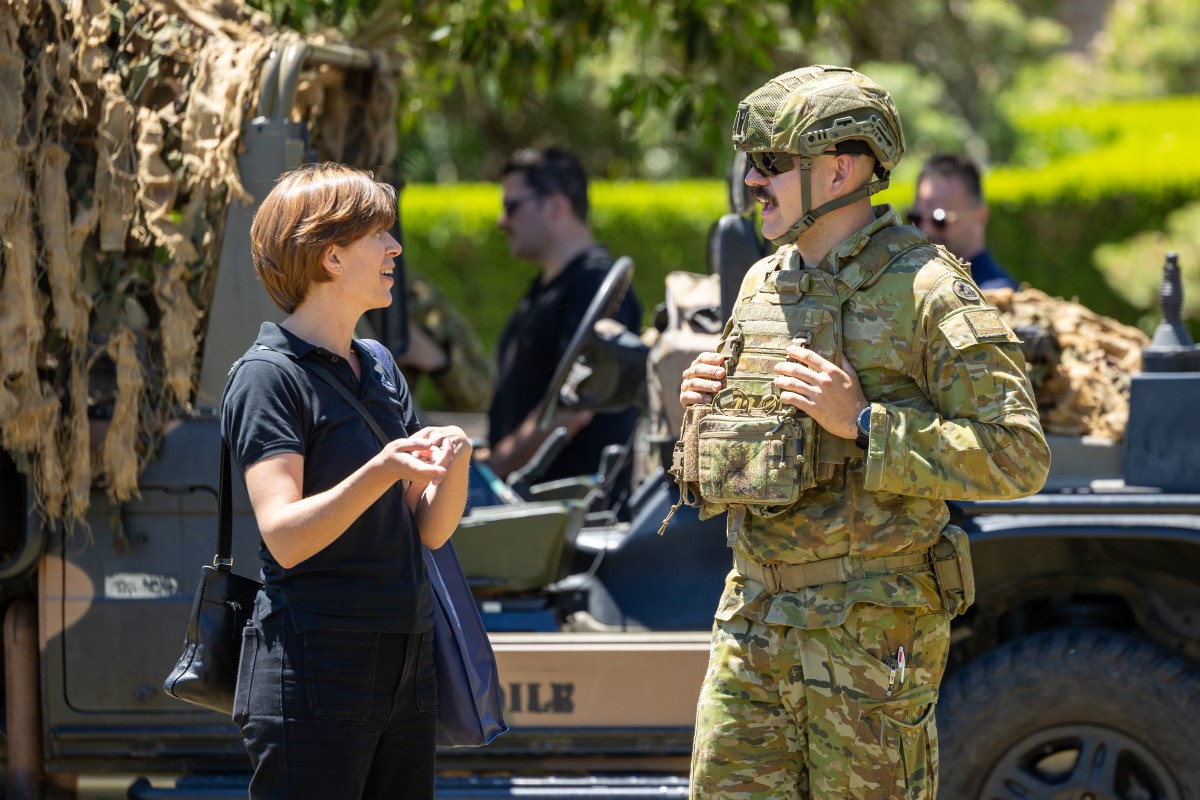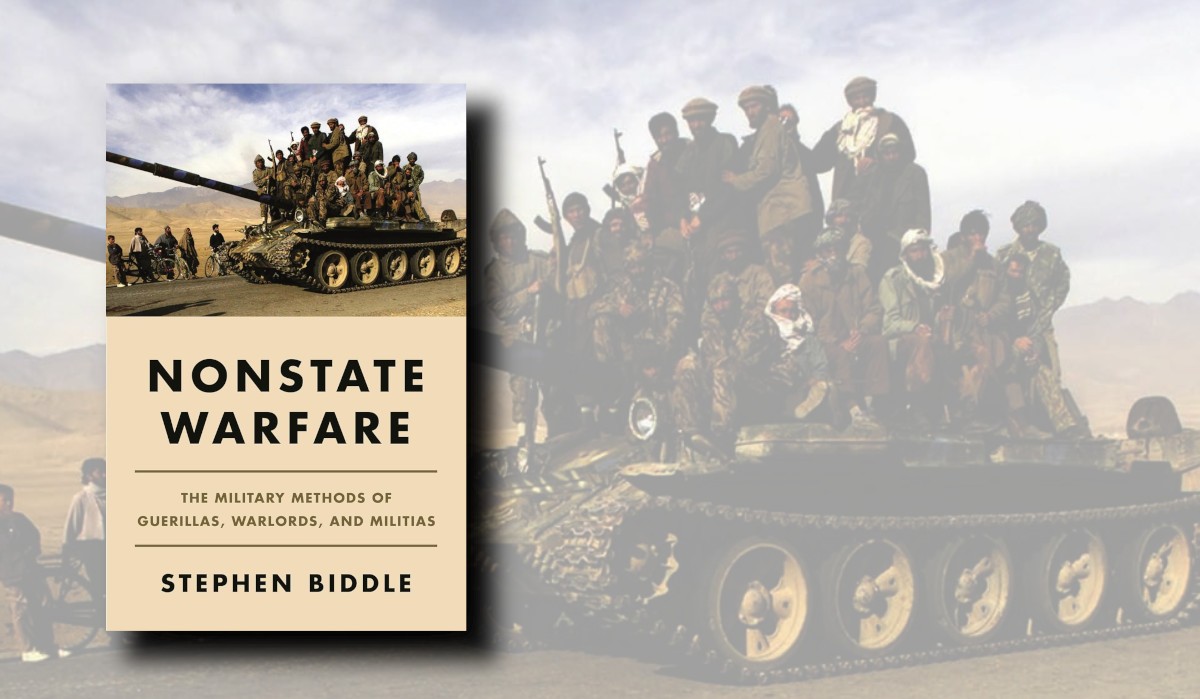Reflections from the Chief of Army’s Honours Program
In a previous blog, I wrote about the importance of maintaining a reflexive practice in our everyday lives. In an academic context, reflexive practice is the process that enables researchers to understand their biases and influences. I observed that this practice is necessary when undertaking qualitative research because it provides the researcher with insights into the potential for these biases and influences to distort their individual efforts at data collection and analysis. In a similar vein, I observed that the practice is also necessary in everyday life as we go about the process of collecting, analysing and acting on the information we come across. In this piece, I build upon those observations with a focus on operational research methodologies.
The context within which these observations are made are my recent involvement with the Australian Army Land Warfare Laboratory (AALW) in my capacity as a participant in the Chief of Army’s Honours Program. AALW conducts operational research by combining the quantitative expertise of an Operational Research Statistical Analyst with the qualitative edge from an Army leader who has extensive operational command experience. Within the organisation, their approach towards complex problem framing leverages the benefits of both quantitative and qualitative research methodologies. The strategic influence that this research has had is demonstrated in the quantitative data that was used to support decision making processes in the 2020 Defence Strategic Update and the 2020 Force Structure Plan. The influence of this work from the AALW is a testament to the strength of a robust, quantitative research methodology.
For the Army’s leaders, the benefit of research comes from the substantial crossover between research and operational campaigning. Commanders ‘investigate’ through conducting intelligence, surveillance and reconnaissance; they create ‘hypothesises’ about their adversary’s intentions and courses of action; they confirm or deny their hypothesis through ‘analysing’ their adversary’s actions in real time; and then they recommence their ‘investigation’.
If data-driven research methodology is formative for strategic level decision making within Army, there is a good argument that the same methodology can (and should) be implemented at lower levels within the organisation. The reason is that research methodologies, whether quantitative, qualitative or mixed, are the foundation of all academic study. They help explain the way in which people interpret information, formulate arguments, and make decisions. They also support rigorous and well thought-out decision making which is particularly critical in the face of an abundance of data that must be synthesised in the complex modern world.
In the absence of a robust quantitative research methodology, our decisions are inevitably influenced by the way in which we naturally interpret information and formulate arguments. In reality, our decisions are influenced by individual bias. It takes conscious effort to overcome our bias tendency, however, Army does not systematically train or educate its junior leaders to do so. The requisite level of understanding will not be achieved simply through mastery of the military appreciation process. If we truly wish to realise the ambitions of Army in Motion, there needs to be more systematic education for Army junior leaders on how and why we interpret information, develop arguments, and make decisions. From this solid educational foundation, we can then demand more of their decision-making.
The Chief of Army’s Honours Program offers an example of an educational opportunity that would benefit all junior leaders. This program challenges participants’ decision-making processes and offers specific study of research methodology as an academic concept. A key message of the program is that we all interpret and understand information uniquely and that our interpretations shape our decisions and outcomes. The program encourages participants to recognise how we understand the world around us, because only then can we objectively reflect on how our interpretation influences our decisions. With this understanding, junior leaders are well placed to formulate objective methodologies to support complex decision making or problem solving. While it may not be necessary for every Army leader needs to go through an Honours program, there is undoubtedly considerable benefit from the conduct of consolidated research within a tertiary education system.
Outside of a tertiary context, other practical opportunities exist for Army’s junior leaders to conduct research. An example is the MakerSpace initiative. This program enables continuous learning through research and development in particular disciplines. An aspect of this initiative focusses on the development of cognitive thinking and processing. Participation in an initiative like MakerSpace promises to develop the kind of robust decision-making capability that should be expected of any leader within the Army.
In conjunction with an increased focus on education and the practical application of research methodologies, there is scope to more systematically challenge and develop decision making by Army’s leaders, particularly across the junior ranks. This is not to suggest that, in time-critical conflict situations, we need to be questioning the leader’s decision. In those instances, we rely on the rapid appreciation processes we have been well taught in training. What I am suggesting is that Army actively fosters a professional attitude of challenge and discussion amongst the Army’s junior leaders. By doing so, we create the conditions to support a workforce that is able to constructively challenge one another’s decision-making processes based upon a legitimate education of methodology and objective decision making.
By learning to apply a more consciously designed research methodology to inform their decision-making, future Army leaders will be positioned to appropriately integrate personal experience with relevant contemporary and historical data. The reality is that, in an increasingly complex world, decision-making cannot simply be informed by opinion. Our soldiers deserve the best and the nation demands more of the modern Australian Army. In this context, the sooner junior leaders develop the capacity for robust, data driven research, the better.




